-
Fleet management

What Fleet Managers Can Learn from Airline Efficiency Strategies
Jordan Grey
Head of Revenue and Pricing
October 30, 2025
-
Transport technology
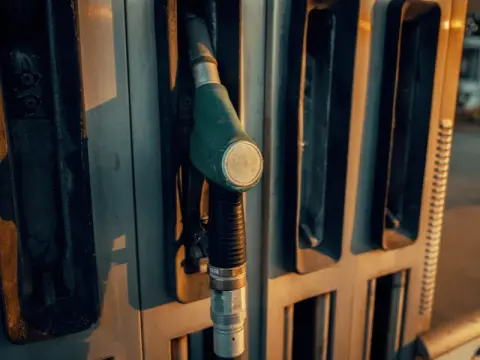
Is HVO Fuel the Future for Fleets?
David James
Revenue Director
October 29, 2025
-
Guides
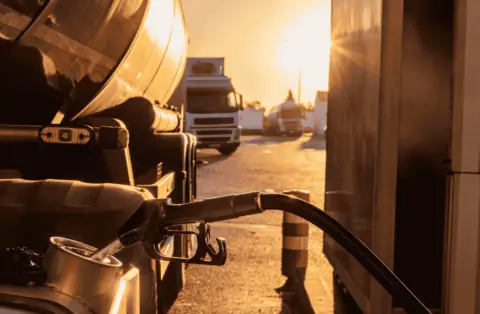
What the Latest HMRC Fuel Duty Figures Mean for Fleets in 2025 and 2026
October 28, 2025
-
Business news
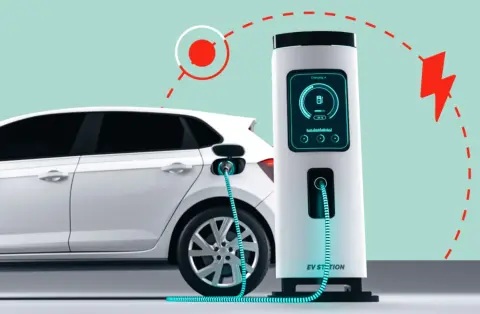
Our Most Webinar Summary: The UK’s Road to EV Transition
October 28, 2025
-
EV
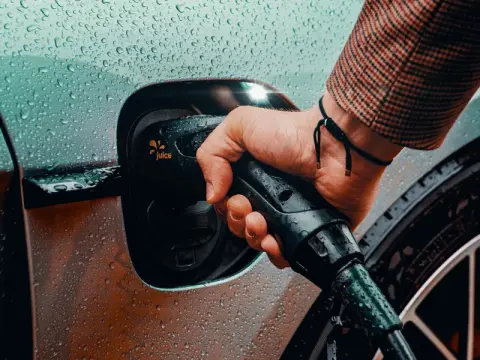
EV Range Anxiety: What It Is and How to Overcome It
Ben Campbell
Marketing Director
October 28, 2025
-
Driver safety

Drivers, Take Note - What You Need to Know When the Clocks Go Back
October 27, 2025
-
EV

Accelerating Green Initiatives: Why More Businesses Are Switching to EV Fleets
Ben Campbell
Marketing Director
October 23, 2025
-
Fuel cards
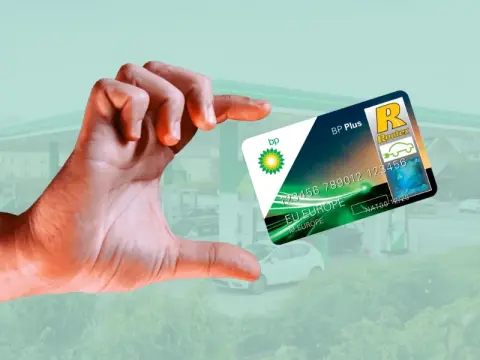
How the BP Bunker Network Keeps UK HGV Fleets Moving
Joe Robinson
Fuel Card Specialist
October 22, 2025
-
EV
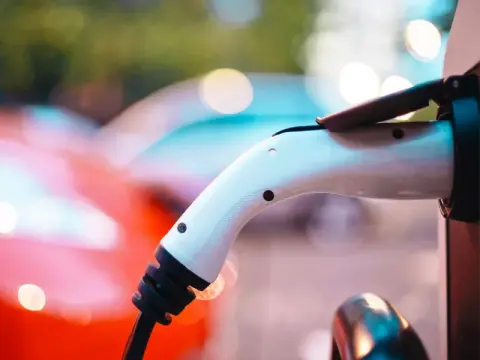
The Future of EV Charging: What UK Businesses Need to Know in 2026
Ben Campbell
Marketing Director
October 21, 2025
-
Fuel cards
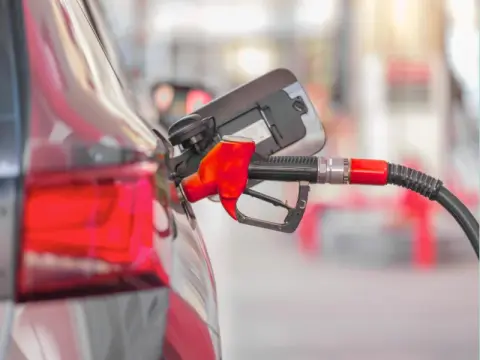
7 Unexpected Fuel Card Cost Savings (Beyond the Pump)
Joe Robinson
Fuel Card Specialist
October 16, 2025
-
Guides
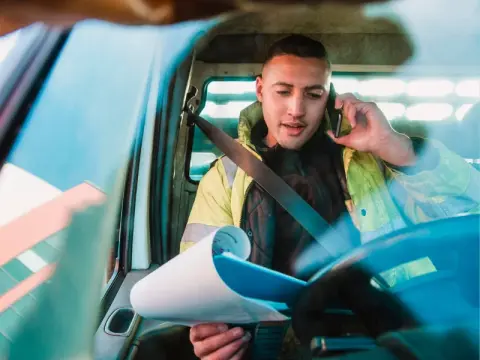
Making Tax Digital For Self-Employed Drivers: Our Complete Guide
Joe Robinson
Academy Manager
October 14, 2025
-
Business news

The New Right Fuel Card Website
October 13, 2025